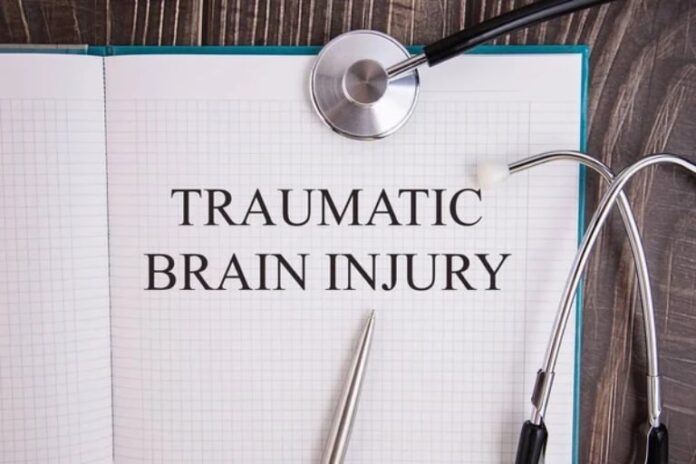You might not always think about how a knock to the head can shift your world, but for many people, it does. A fall, car accident or blow during sport can bring on a Traumatic Brain Injury (TBI) that changes how you think, feel and act for years. These changes don’t always show up on a scan or disappear with rest.
They can affect your moods, your memory, and even how you connect with others. Understanding what’s happening inside your head can make the path forward clearer and more manageable.
Traumatic Brain Injury and Its Impact
When your brain hits the inside of your skull during a trauma, it can damage nerve pathways and affect how your brain sends messages. Even a mild TBI, such as a concussion, can lead to longer-term problems if not handled properly.
A more serious injury can cause bleeding, swelling, or bruising in the brain, disrupting how it works and leading to a wide range of symptoms. You might notice headaches, confusion, sleep problems, or difficulty concentrating. Many people return to daily routines too quickly and miss the signs that their brain hasn’t fully recovered.
Cognitive Effects of TBI on Mental Health
Your brain controls how you think, focus, and remember. When it’s injured, you may feel like you’re not yourself.
TBI can make it hard to plan, finish tasks, or follow conversations. This can affect your work and relationships, leading to frustration or even isolation. When you forget simple things or struggle to solve problems you once handled with ease, it’s easy to feel anxious or down.
This shift in thinking abilities often feeds into mental health struggles. You might second-guess yourself or avoid social settings, which only worsens your mood. Cognitive rehabilitation therapy and memory aids can give you a sense of control that you’ve been missing.
Managing Mental Health Post-TBI
Looking after your mental health after a TBI means more than just waiting to feel better. Regular sleep, light exercise and structured routines can help your brain heal. Try to reduce screen time before bed and avoid overstimulation during the day. These small changes reduce stress on your brain and improve your focus.
You might not realise how much the emotional toll of the injury is weighing on you until you talk it through with a psychologist or counsellor. In some cases, accessing compensation through brain injury claims can also provide the financial breathing room to focus on recovery without added pressure.
Emotional and Psychological Effects
You may notice that your emotions swing sharper than before the incident. Anger comes quickly, or tears arrive without warning. After a TBI, your brain may struggle to control emotional responses.
This doesn’t mean you’ve become someone else, but it does take time and support to adjust – and you need to allow yourself that. These reactions are normal, but they shouldn’t be ignored. Simple actions like journaling your feelings, spending time outdoors, or talking openly with someone you trust can ease the emotional weight.
TBI and PTSD
If your injury happened during a frightening event, you may also deal with post-traumatic stress disorder (PTSD). Flashbacks, nightmares, and a constant sense of danger are not just mental; your nervous system stays on high alert, and your brain struggles to relax.
PTSD after TBI can make recovery more difficult. Therapies like EMDR or trauma-focused CBT have shown strong results. They work by helping you process what happened in a way that no longer overwhelms your system.




